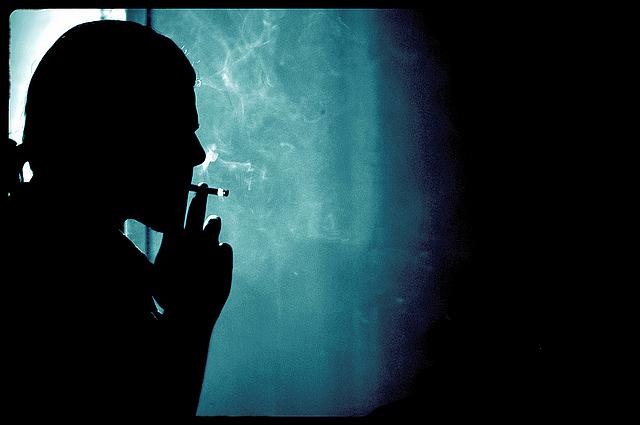Is a ban on smoking in public housing harmful or helpful to the poor?

In an effort to protect low-income residents from the effects of secondhand smoke, the U.S. Department of Housing and Urban Development has proposed a ban on smoking in public housing, even inside individual apartments. Proponents of the ruling, which will go into effect in early 2017, say that it promotes health and well being among low-income residents, and cuts down on health care costs. However, opponents say that it unfairly targets the poor, putting them at risk for homelessness and creating another public health problem.
I will be talking to organizations like UCLA’s Smokefree Air For Everyone (SAFE), public housing residents and landlords to find out how the ban will affect everyone involved. Will smokers be offered effective cessation programs or will they simply be ordered to quit smoking? How will residents’ health be measured?
“We have a responsibility to protect public housing residents from the harmful effects of secondhand smoke, especially the elderly and children who suffer from asthma and other respiratory diseases,” said HUD Secretary Julian Castro.
The ban, Castro said, would protect more than half a million children and save about $153 million in health care costs, housing fires and building repairs. In Los Angeles, the UCLA-SAFE project has received funding from the Centers for Disease Control to assist with HUD’s efforts. Via a three-year project, the group aims to educate landlords and tenants on the benefits of living in a smoke-free environment.
The effort is mainly targeting African-Americans and Latinos, since “these population groups are more likely to live in apartment housing and suffer from a high rate of chronic illness sensitive to second hand smoke such as asthma, heart disease and cancer. Limited housing options make the elimination of secondhand smoke in apartment housing even more critical.”
But opponents of the ban say it is tantamount to “nannying the poor” — taking away their rights to govern themselves and their own health. Think Progress blogger Alan Pyke writes:
Policies that push low-income people into choices that the public has decided are better often draw stiff opposition from poverty advocates. When the government acts like it knows better than individuals and forces them to behave a certain way or lose access to safety net benefits, it can infringe both on poor people’s dignity and the very independence that poverty program critics tout as essential.
But others disagree. In an interview, National Low Income Housing Coalition Senior Vice President for Policy Linda Couch said, “We think it’s overdue. It’s time for public housing to catch up with health research.”
Couch did briefly acknowledge possible setbacks.
“Being evicted creates its own public health problem,” she said. “I think housing authorities have to figure out how they’re going to help their residents get to a place where we’re not going to see a lot of lease violations and evictions. But you can’t argue with the fact that smoking kills.”
[Photo by kenji aryan via Flickr.]

